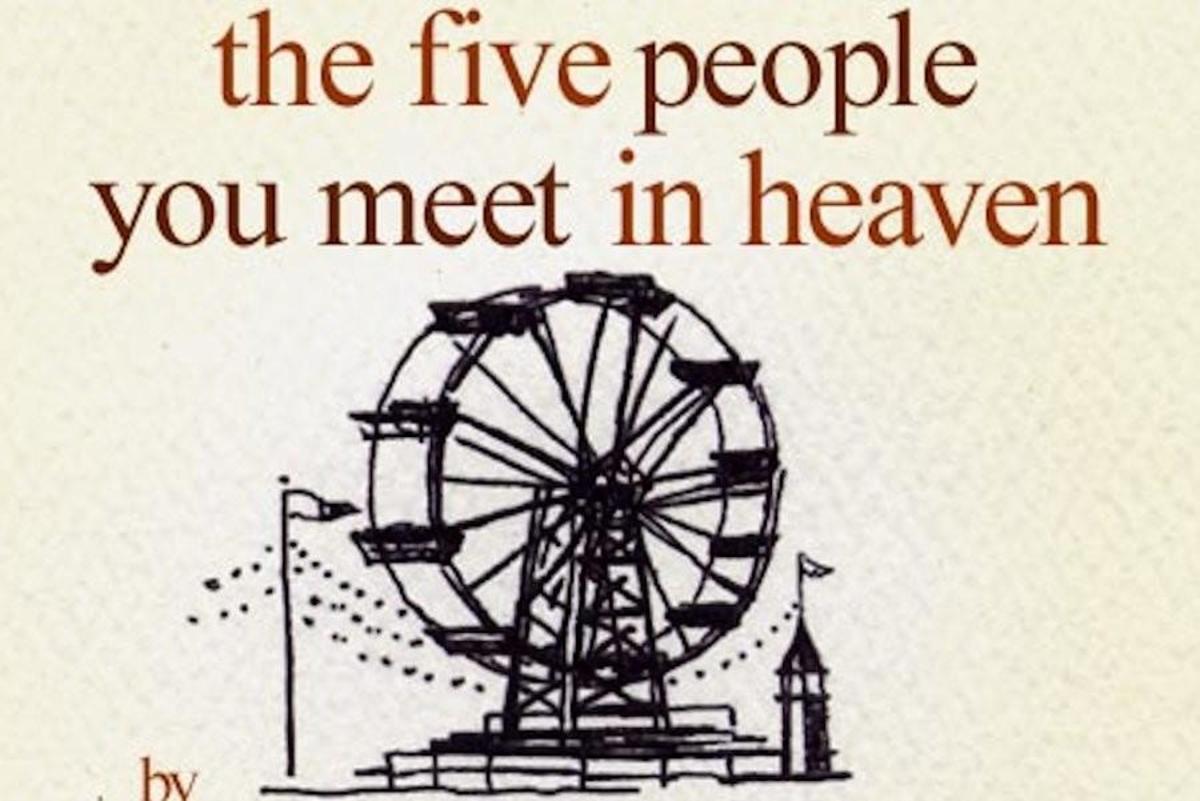Of Mice and Men by John Steinbeck Book Review
John Steinbeck at his very best
I'd read Of Mice and Men long before and remembered it to be brilliant -not because others say it is so, but from the visceral resonance I experienced -and the fine memories of admiration for the prose encountered between its covers. Of Mice and Men is a legend, as stories go. This is particularly stark when one realizes that we're not speaking of Dante, Cervantes, or Shakespeare. Not even of Marlowe or Oe. No, this is no tome, either; but rather a short, fast, literary sandwich of great pleasure and diminutive girth.
Of Mice and Men is particularly about 2 characters and friends, George and Lennie. Lennie is a large, hulking brute in body, yet a gentle, simple man in mind. He's really more of a child in his thoughts -which throughout the book revolve around little more than petting mice, rabbits, or anything soft. George is Lennie's guardian, of sorts. He's a good fellow, dark and slight of stature, though rough around the edges. He does what he can to maintain an existence for himself and for Lennie as they travel around California during the Great Depression, looking for work.
The two work farms and ranches "bucking" wheat and other crops, and doing anything they can get paid for. They're odd, not solely due to Lennie's mental disability, but also for their loyalty to each other. Evidently, most men of the time, so the story runs, are solitary, not bothering to travel with a friend. The two men find their way south of Weed, California, and not too far from Salinas, where Steinbeck was born. This is where the short story begins -or picks up again, in medias res, as George and Lennie have escaped a bad situation in Weed, California.
Throughout the story Lennie continually brings up the topic of he and George purchasing a small farm where they'll raise rabbits (to which Lennie will attend), grow food for themselves, and be their own men. This becomes a symbol of hope for the men. George had originally told Lennie about this dream merely as a pacifier for his oafish friend, yet he too begins to believe the dream, as do others in the tale. In the end, the story ends on a terribly sad note, yet the dream of the farm always rests in the clouds, a hope springing forth further, eternal possibility for the future.
A fair warning to the reader, this is a tale published in the 1930s, when certain words were not deemed so inappropriate, or hurtful. Like so many books from before the 1960s, this book is insulting (yet realistic for in its parlance of the time) in its use of "the n-word" when referring to black folks. However, it does not denigrate blacks in terms of character. On the contrary, the sole black person in the novella is Crooks, a "stablebuck," ‡ though the narrator refers to Crooks as "Negro," hardly a derrogatory term in 1937. One reads about Crooks and realizes that Steinbeck was no racist, as where he describes Crooks as "A proud, aloof man. He kept his distance and demanded that other people keep theirs." Crooks is shown with intelligence in his actions, thoughts, and even his reading material: "A tattered dictionary and a mauled copy of the California civil code for 1905."(p.74)
Yet despite his treatment at the hands of others due to the color of his skin, we see that Crooks is kind, and lonely -in a word, a fully-rounded character and human:
" "Come on in. If ever'body's comin' in, you might just as well." It was difficult for Crooks to conceal his pleasure with anger." (p. 82)
This ostracization and loneliness is explained further down on pages 82 and 83: "Guys don't come into a colored man's room very much. Nobody been here but Slim. Slim an' the boss." "
Yet shortly after, an interloper comes into Crooks' room, showing the ugliness of society at that time, where Crooks is verbally attacked and reminded of the low position afforded him and other African-Americans by society: "Crooks had retired into the terrible protective dignity of the Negro." (p.86)
Yet it is not only black people who are defended and shown for their humanity and their frailties. Steinbeck also speaks to the plight of women who were made lonely by social convention. The sole woman of the story doesn't even have a name. She is simply "Curley's wife," not an entity unto herself, but seen more as property, the wife of a man named Curley. The male characters of the story view her as a vixen, though this is never shown in her actions. In reality, she is deeply lonely for human company.
"Her face grew angry. "Wha's the matter with me?" she cried. "Ain't I got a right to talk to nobody? Whatta they think I am, anyway?" " (p. 96)
Of Mice and Men, at heart, is not just a deep, touching tale, nor exclusively one of social commentary on the prior treatment of blacks, women and the elderly (seen in the treatment and thoughts of Candy, an elderly man who lost his hand to the farm where he works). Further, there are other commentaries, both religious and economic describing the times: "Nobody never gets to heaven, and nobody gets no land."
More provocatively, Steinbeck writes: "You give me a good whore house every time, ...a guy can go in an' get drunk and get ever' thing outa his system all at once, an' no messes."
One will also find lovely touches, too -as where Candy's dog is described. "After a moment the ancient dog walked lamely in through the open door. He gazed about with mild, half-blind eyes. He sniffed, and then lay down and put his head between his paws." (p.41)
Afterward
Within reading the first 4 pages anyone of the so-called "Generation X" -the grandchildren of "The Greatest Generation," see an amazing similarity twixt Lenny and the dopey dog from Warner Brothers cartoons beseeching "Which way did he go, George, which way did he go?" From this we can realize almost instantly that it was not only classical music but also classical American literature that "Gen X" learned-if only in splintered bits, from Warner Brothers cartoons -as with the beginning of the tale where Lenny is playing with a mouse. The reader can almost hear him state, "I'll love him and hug him and be his best friend."
Such points have kept this book popular through the years. Of Mice and Men may have influenced the writers at Warner Brothers. It was such a simple tale that other writers (contemporary to John Steinbeck or otherwise) must surely have always felt quite envious. The loneliness, the fidelity, the universal feelings, notions, and motifs make for a masterpiece. For instance, one may be left wondering if this story ultimately shows "Frankenstein's monster," yet in a more realistic setting.
The final line of dialogue speaks legions: the difference between different people -those of conscience and those without it, which is one of the main themes of the novella. Of Mice and Men is a short, fast, glorious read that can be experience in a single sitting. It bespeaks our humanity in a way that few authors can so succinctly express. Do yourself a wondrous favor: treat yourself to the visceral, intelligent feast that is Of Mice and Men.
‡ (The term stablebuck too, is derogatory, if outdated. It is a term that was both pejorative and reifying of African American males. Strangely, the term stable buck is reminiscent of a scene in a contemporary movie, "The Royal Tenenbaums" where the character Royal Tenembaum (played by Gene Hackman) asks about Henry Sherman (played by Danny Glover), "So what do you think of this big, old black buck moving in up there?" This clearly shows not only a possibly racist, but also a very old-fashioned, out-dated Royal to the viewers).








